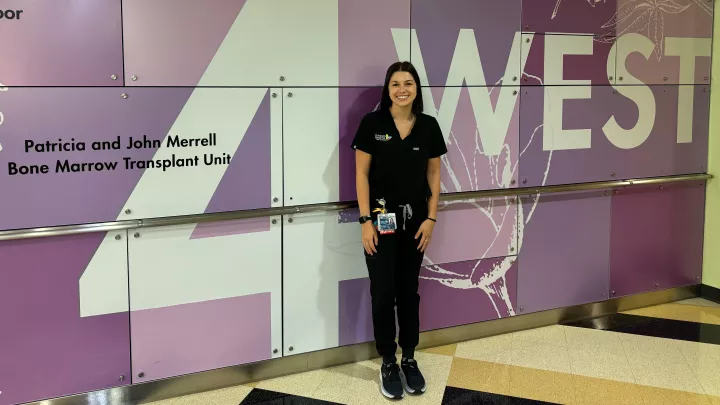
Institute for Nursing and Interprofessional Research
About the Institute for Nursing and Interprofessional Research
The Institute for Nursing and Interprofessional Research (INIR) is a first-of-its-kind research entity dedicated to mentoring, equipping and empowering clinicians to conduct innovative research that improves patient care.
We support nurses, occupational and physical therapists, nutritionists, pharmacists, Child Life specialists, chaplains and more who want to harness the power of science and research to improve care for their patients.
By tapping into the experience and expertise of CHLA's clinical care providers, the INIR is elevating a culture of clinical inquiry among staff, enabling the discovery of better, cost-saving approaches to pediatric health care and further advancing CHLA’s leadership in the field of innovative care delivery.
Mission:
We educate, empower and equip clinicians to conduct research and advance evidence-based practice in support of innovative care delivery.
What We Do
Education
The INIR offers research-related seminars, workshops, grand rounds and works-in-progress sessions to help provide CHLA clinicians with the tools they need to conduct meaningful research and advance their areas of study.
Mentorship
Mentorship and one-on-one project consulting are the cornerstone of the INIR’s work. In partnership with clinicians across the hospital, the Institute supports researchers of all experience levels in their efforts to improve clinical practice through evidence-based inquiry. The INIR provides support with project development, biostatistics survey design and dissemination activities.
Grant funding and research projects
The INIR offers a number of funding opportunities that enable interprofessional teams to share their expertise as they look for innovative ways to improve patient care.
The goal is to foster teams to implement studies with the strongest potential impact on patient outcomes, as well as support teams that want to enhance interprofessional collaboration.


